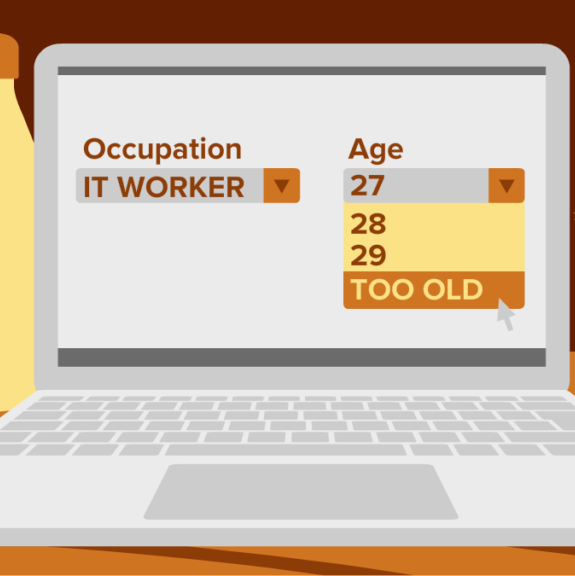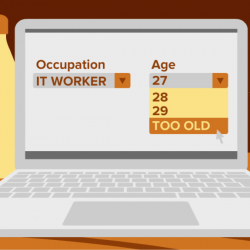December 12, 2019
Are these the best places to work in the UK?
Glassdoor has announced the winners of its 12th annual Employees’ Choice Awards – its sixth in the UK – honouring the Best Places to Work in 2020 across the UK and eight other countries. Unlike other workplace awards, the Glassdoor Employees’ Choice Awards are based on the input of employees who voluntarily provide anonymous feedback, by completing a company review about their job, work environment and employer over the past year. Common themes among the Top 50 UK Best Places to Work in 2020 include work-life balance, a great culture, smart people and respect for and from leadership and senior management. (more…)






































December 10, 2019
Wellbeing is increasingly in the hands of HR and the future looks bright as a result
by Chris Pinner • Comment, Wellbeing